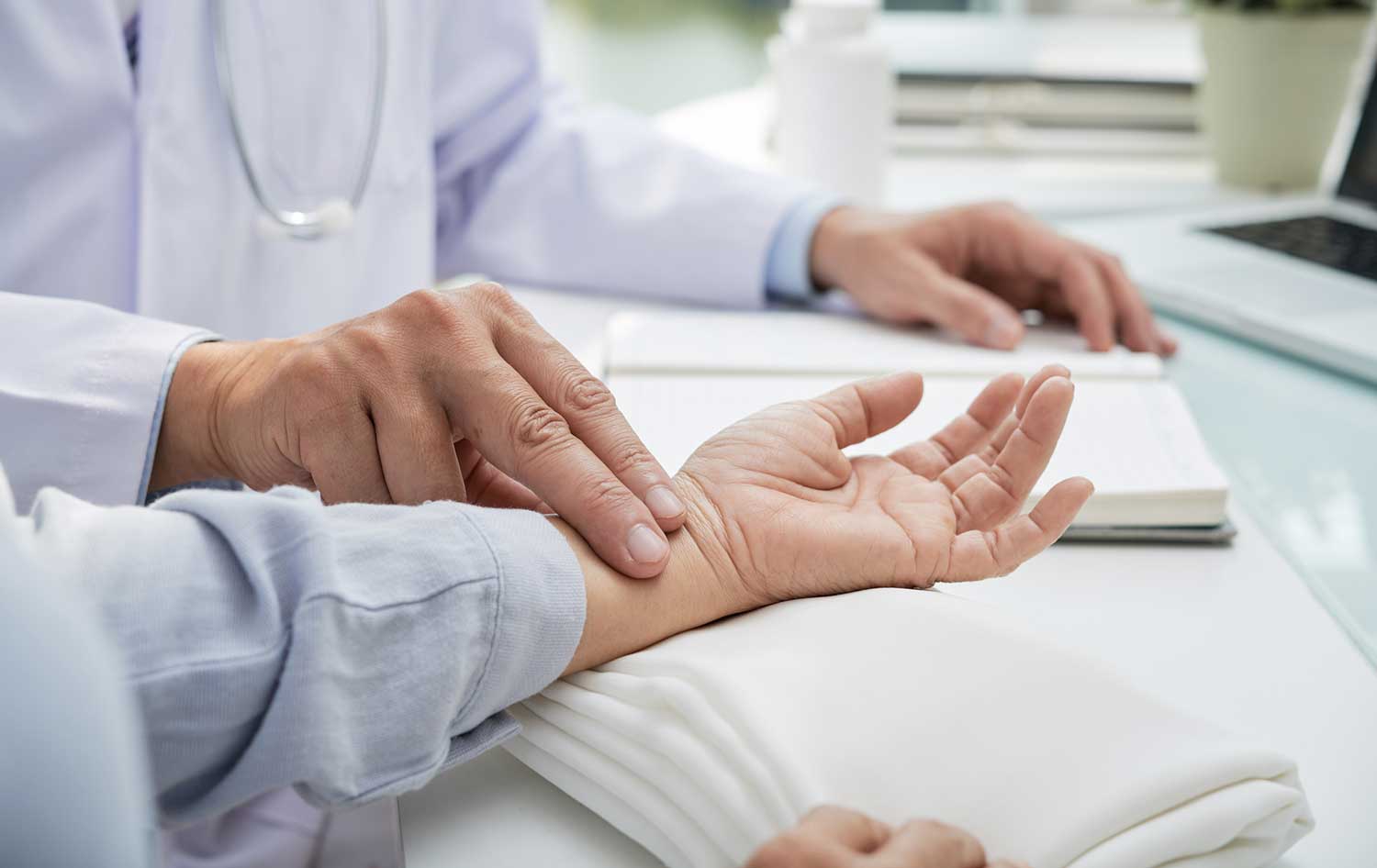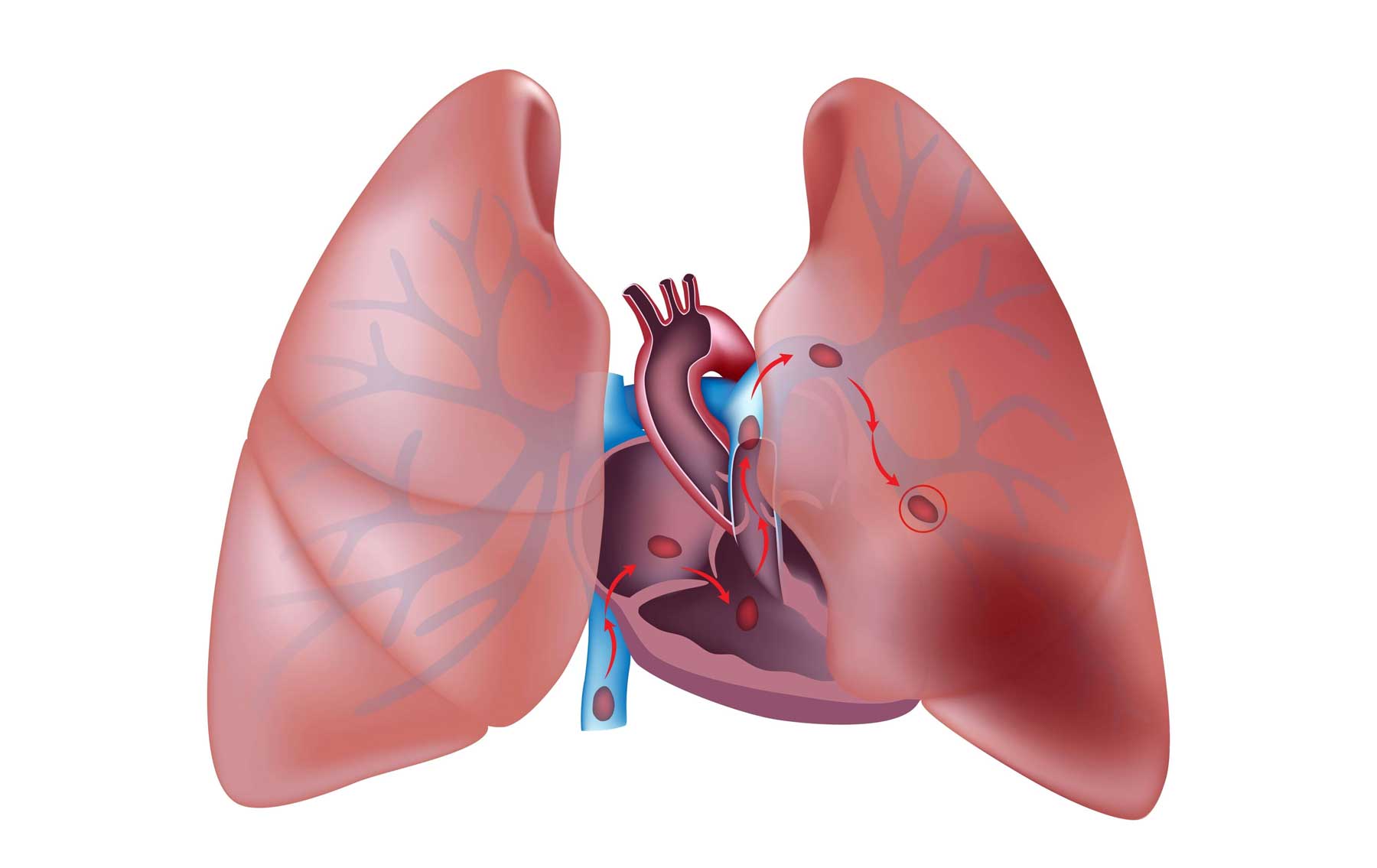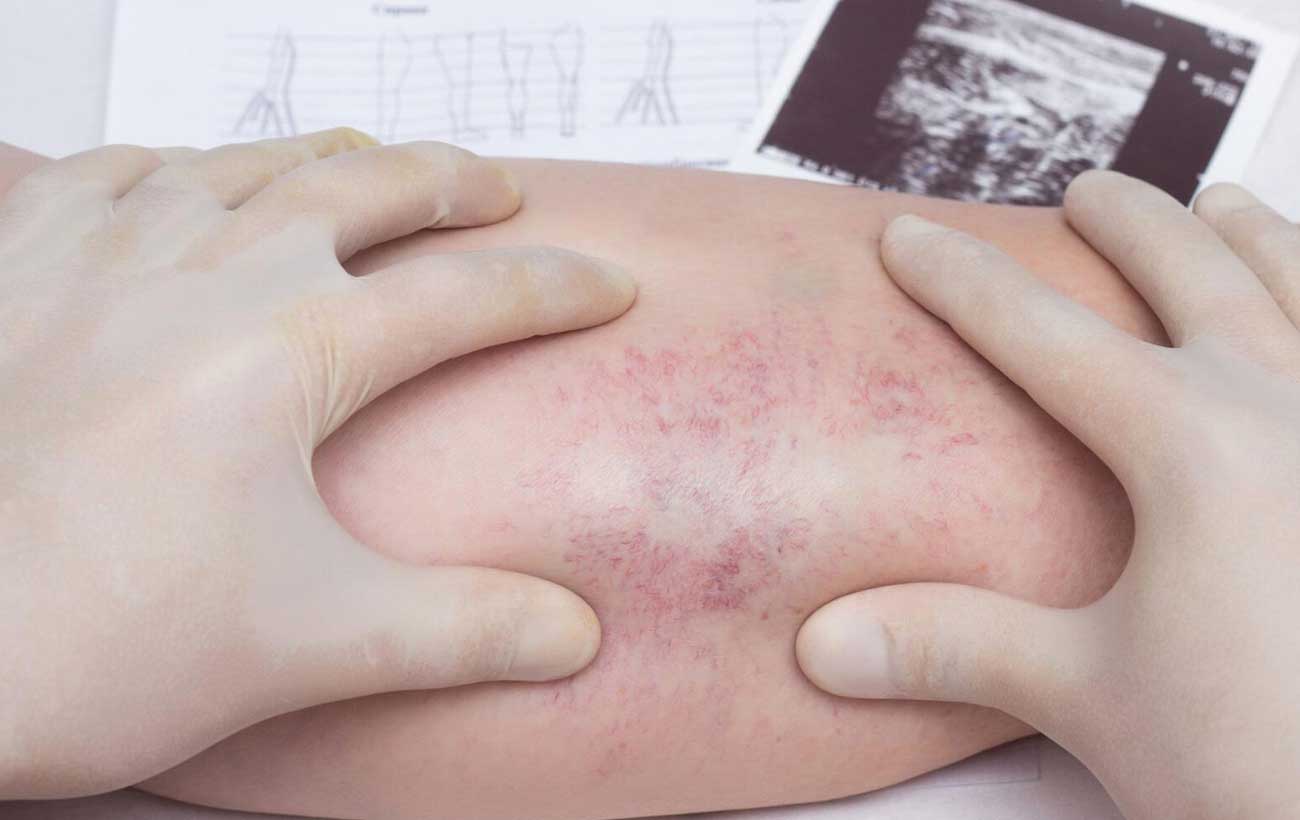Deep Vein Thrombosis Thrombosis is the formation of a blood clot (thrombus), which can partially…

Paroxysmal Atrial Tachycardia
In healthy adults, the heart beats from 60 to 100 times per minute, and increases to about 160 beats per minute during physical activity. In an episode (or paroxysm) of atrial tachycardia, the heart rate suddenly jumps to 160 or more beats per minute without physical exertion. An episode of paroxysmal atrial tachycardia can last from about 1 minute to several days.
Symptoms
Palpitations (heartbeats that you’re aware of) are the main symptom of paroxysmal atrial tachycardia. If you suddenly become aware of your rapid heartbeat, you may become anxious or frightened. Some people who have paroxysmal atrial tachycardia say they have a feeling of impending death. Other symptoms can include shortness of breath, fainting, angina (chest pain), or frequent urination. Despite the anxiety or fear it may cause, paroxysmal atrial tachycardia is not life-threatening, although sometimes it can lead to congestive heart failure. If you have recurring symptoms of paroxysmal atrial tachycardia, see your doctor.
Treatments
If you have palpitations, try to slow your heart rate by holding your breath, taking a slow drink of cold water, or rinsing your face with cold water. If these measures do not help, try bearing down as if having a bowel movement. This is called the Valsalva maneuver and can sometimes correct an arrhythmia.
To help prevent further episodes, your doctor will probably recommend that you cut down on alcohol and caffeine and quit smoking (if you smoke). He or she may massage the carotid artery in your neck to try to slow your heart rate. The doctor may prescribe medication that decreases the excitability of the heart muscle and prevents the heart rate from increasing. In some cases, the doctor may inject a medication that helps slow a rapid heartbeat. In severe cases of persistent atrial tachycardia, the doctor may recommend cardioversion, a procedure in which an electrical shock is administered to the heart while the person is under mild anesthesia.



